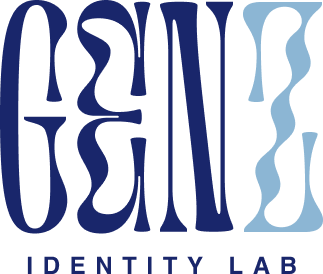What makes us human? Blood rushing through our veins, a beating heart, our DNA. What makes us human is our unique identity. We are a fusion of our passions, sexual and gender identity, ethnicity, nationality, hopes, spirituality, community, health, and past experiences. Needless to say, it’s a complicated question. I would venture to say that most people, of all ages, could not answer the question: what makes you you? It would be naive to believe that anyone could completely characterize the identity of a certain group of people. However, I believe that in order to better understand our future, we must seek a better understanding of a certain group of people: Generation Z.
Born between 1997 and 2015, Gen Z is reaching a pivotal point in which the oldest Gen Zers are entering the workforce, and many are able to vote, or reaching the voting age. It seems like an impossible task to characterize an entire, and increasingly diverse, generation, but there is hope. While Gen Zers may be wonderfully and frustratingly unique, there are common threads that weave the fabric of our generation: the past and current experiences of Gen Z. These experiences are so important because they in turn influence the manifestation of all the other components of one’s identity.
I am very passionate about learning how our experiences shape our views and our identity in part out of curiosity and in part out of concern. I’m curious about how something as abstract as identity is shaped through concrete and measurable experiences. I’m curious about how we can gain a deeper understanding of what drives Gen Z’s actions and experiences. But, I’m concerned for my generation as well. We are brimming with passion and vision for the future, however, I fear that that passion won’t be channeled successfully into the creation of a better future because of how we approach our differences as a generation.
The sad reality is that we cancel people that we don’t agree with. Not only is cancel culture and general intolerance of differing opinions divisive, but it also does a great disservice to our potential as a generation. For instance, Hillary Clinton’s comment that half of Trump supporters are a “basket of deplorables” is emblematic of the larger problem that faces current American politics, and more specifically, that faces Gen Z. Donald Trump and his supporters frequently make similar comments about Democrats. The issue of intolerance is a bipartisan issue. By labeling people we disagree with as communists, sexists, racists, bigots, homophobes etc, we close off our minds to understanding why a person holds the beliefs they do which discourages learning and improvement on both sides. It is very clear that most people in the US and in Gen Z go into most conversations with the intent to argue and convince, rather than to listen and understand. What Hillary Clinton failed to understand when making that comment is that many Trump supporters feel like their core values of family, faith, and tradition are torn down and attacked by Democrats and coastal political elites as being backward, sexist, and racist. This fundamental lack of compassion and understanding about the values of Trump supporters is why Democrats lost in 2016. A similar criticism can be applied to the Republican party.
However, the importance of identity reaches beyond politics to our everyday lives. Its impact reaches to every minute interaction of our day from where we buy our daily coffee to where we read our news to how we interact with our neighbors and friends. Identity influences how we vote, spend our money, and decide where to work. In short, the identity of Gen Z will have monumental impacts on future politics and the global economy; the identity of Gen Z will directly shape the future of our country and the world. An understanding of our identity today will give us a better understanding of our future.


